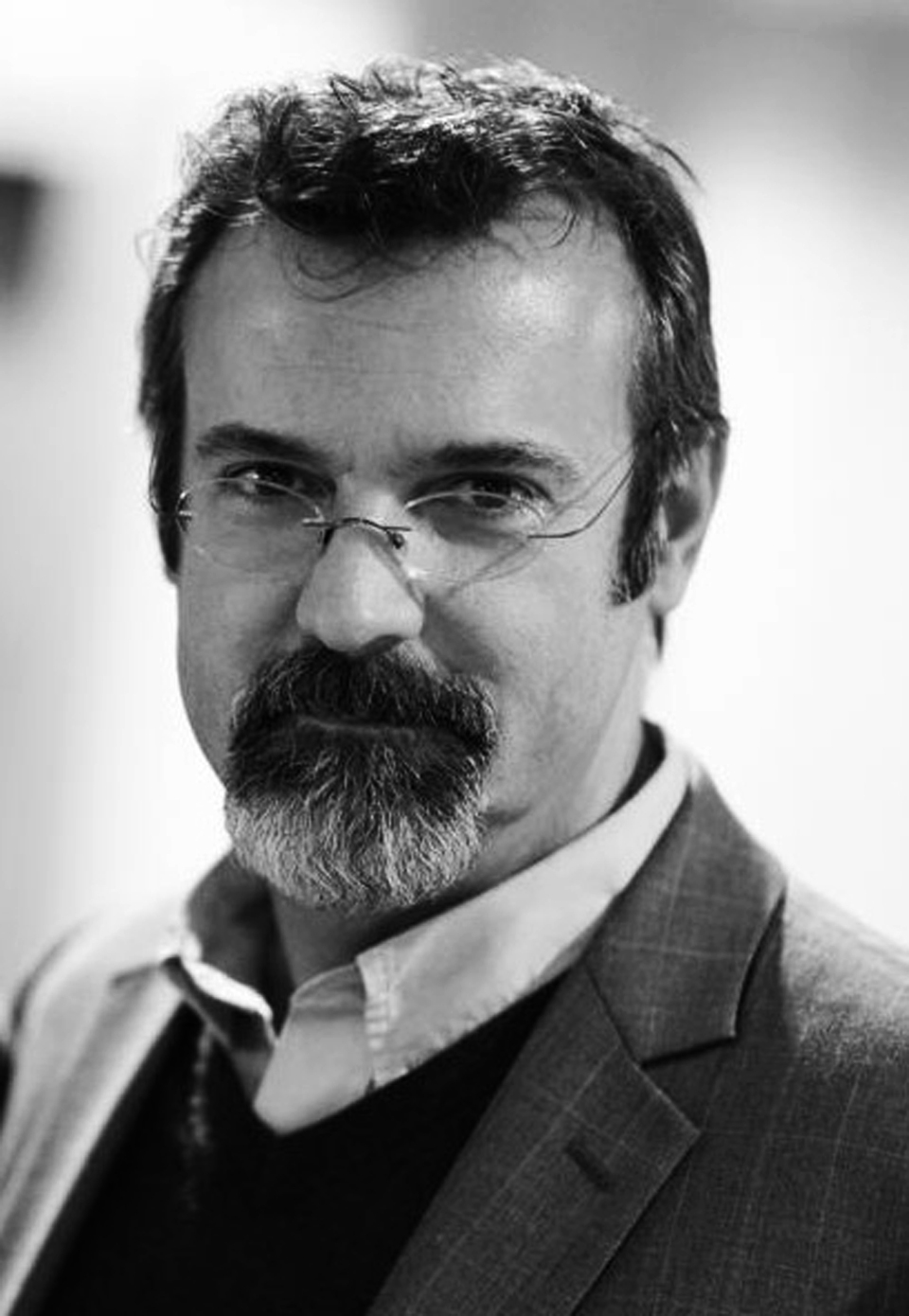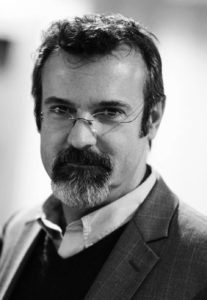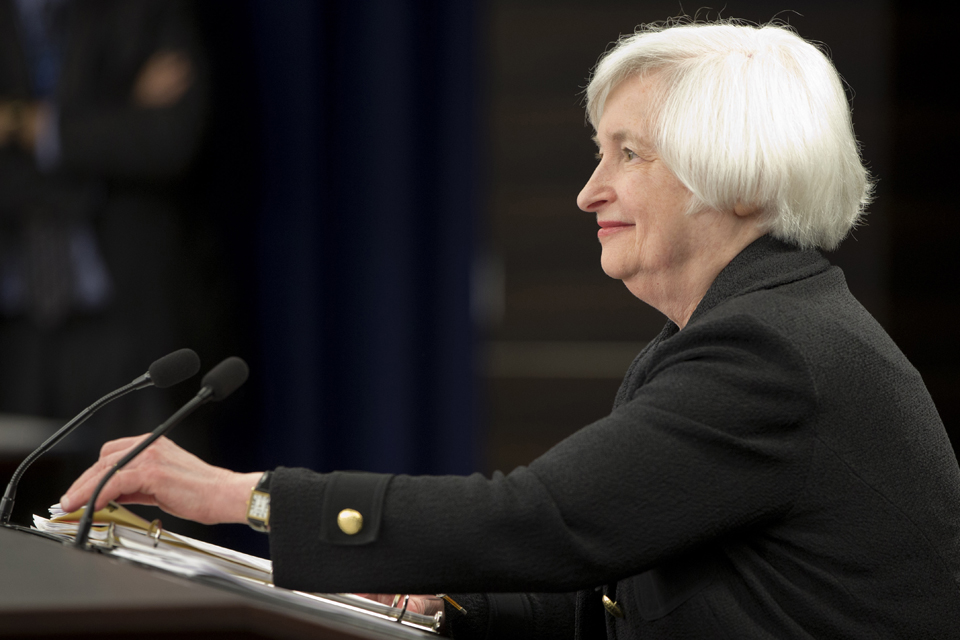

Davies has written several op-eds for such publications as the Wall Street Journal, Forbes and the Los Angeles Daily. He usually writes about topics like fiscal policy and business news.
By Sean Ray | a&e editor
While today he might be known for his innumerable editorials on fiscal policy, Duquesne Associate Professor of Economics Antony Davies had a hand in the creation of one of the largest video game companies in the industry, Take-Two Interactive, publisher of such games like “Grand Theft Auto” and “XCOM: Enemy Unknown”.
Davies co-founded Paragon Software, which would eventually evolve into Take-Two. The Duke interviewed Davies on his experience with his foray into the world of video games.
You were one of the co-founders of Paragon Software back in 1985. Could you describe to us how the formation of the company came about?
Davies: “A good friend of mine, Mark Seremet, and I did a lot of coding – just for fun. We were sophomores in college and were looking for a way to earn some beer money. So we advertised that we would code customized software for businesses. In fact, the company’s original name was Customized Software Systems. Within a few months, we received a call from an investor looking to fund a startup in the commercial business software space. So, we shifted gears. Our first product was an accounting system for small businesses. We then started work on software for the home construction industry. Partway through that project, we discovered that the development cycle for complex business software was a lot longer than we had anticipated. So we started writing games on the side as a way to keep the company afloat while we developed the construction software.”
Back in the late ’80s and early ’90s, video games were a lot more of a niche interest than they are today. What made you want to get into this burgeoning industry?
D: “In the ’80s and ’90s, gaming software was much easier to code. Computers weren’t capable of producing the complex graphics that make video game development so expensive today. I believe that this contributed to the games being, in a way, more interesting. Games had to be more mentally engaging to make up for the lack of eye candy on which modern games can easily rely.”
What tasks did you mainly handle during the day-to-day operations at Paragon Software?
D: “Initially, there were only two of us, so we did everything – but “everything” mostly involved writing code. By the time we were juniors, we had office space and employees. At that point, we spent most of our time on product design, strategic planning, and meeting with investors. I suppose, practically speaking, that all boiled down to figuring out how we were going to afford to continue paying for the office and employees.”
The company was rendered defunct in 1992. What was the cause of the company’s eventual downfall?
D: “When we graduated from college, my partner and I went our separate ways. Mark wanted to continue working with the company. I wanted to pursue a Ph.D. As I was the lead developer on our business software, the company shut down the business side and became solely a gaming company. Microprose, a major gaming company back in the ’90s, purchased Paragon and set it up as a subsidiary. A year or so later, Microprose went bankrupt. My partner repurchased Paragon and renamed it Take-Two Interactive. Although Mark is no longer with the company, Take-Two continues to produce gaming software today.”
What were some of the big lessons you took away from your experience with Paragon?
D: “Perhaps the largest lesson is to listen to the market. We had an idea of what people wanted — customized business software. The market (in this case, in the form of investors) rather quickly told us that it would rather have commercial business software. A couple of years later, it told us it preferred more games to more business software. So, I suppose the moral of the story is to be determined but never be so sure of yourself that you stop looking to identify and correct errors.”
What piece of advice would you give a Duquesne graduate attempting to start their own video game company today?
D: “Video gaming is much more complicated today and the industry is much more consolidated. I’m not sure I would advise a student to attempt a start-up in the space. However, the smartphone gaming industry is not only wide-open, but the fickleness of smartphone users tends to favor companies that can come up with and execute on fresh ideas quickly. Were I a college student today, I’d found a gaming company that wrote for smartphones.”
This interview was condensed and edited for space.


